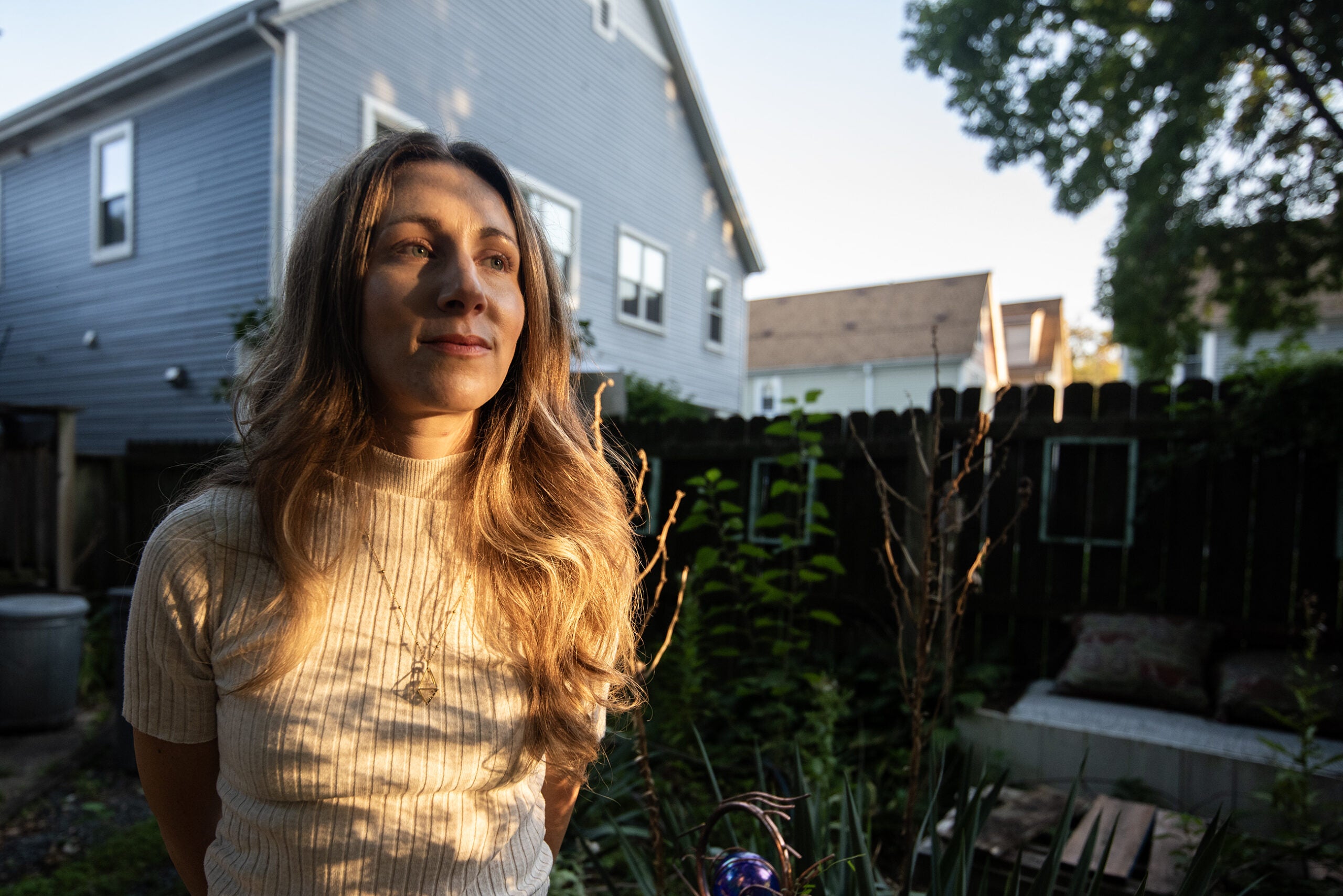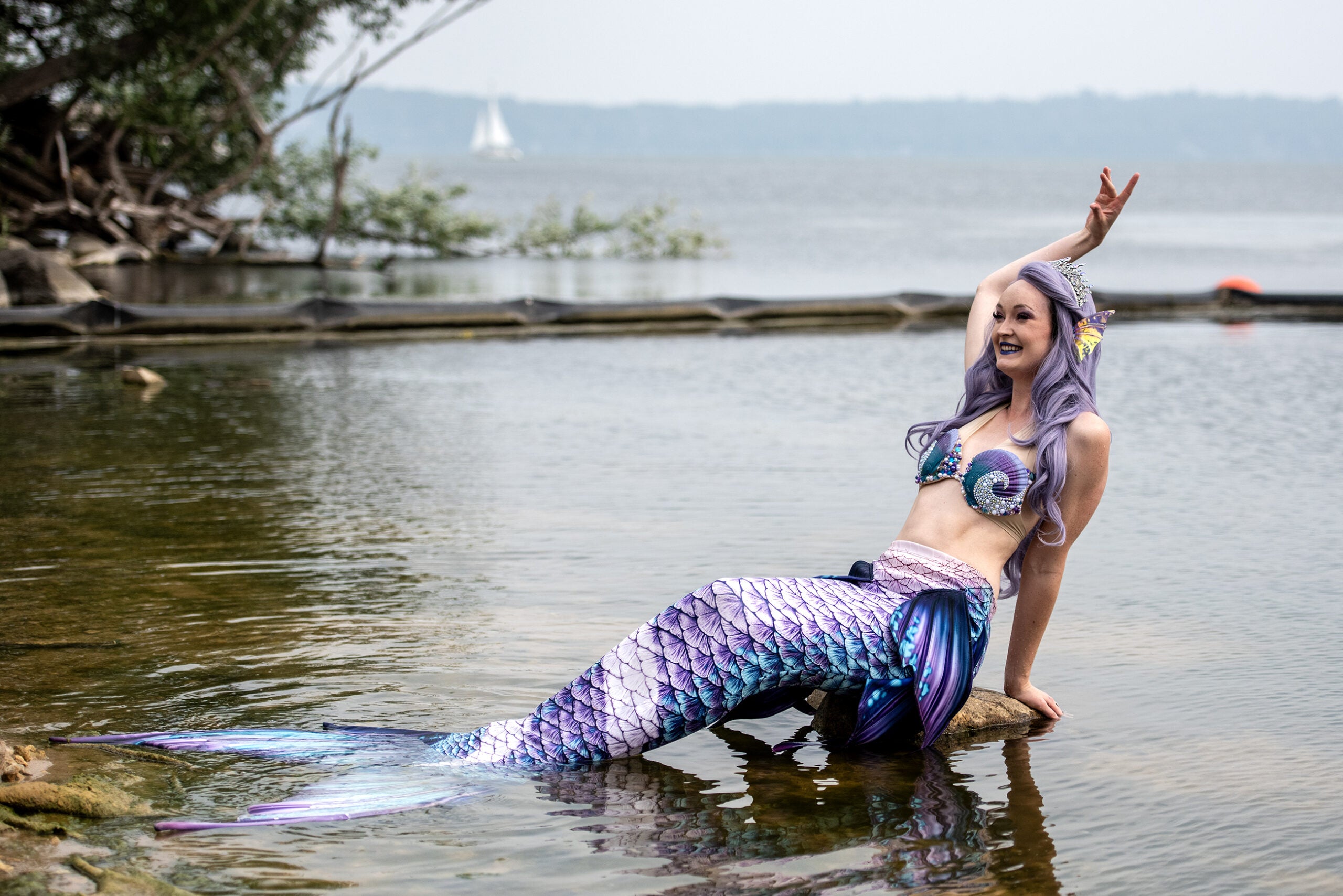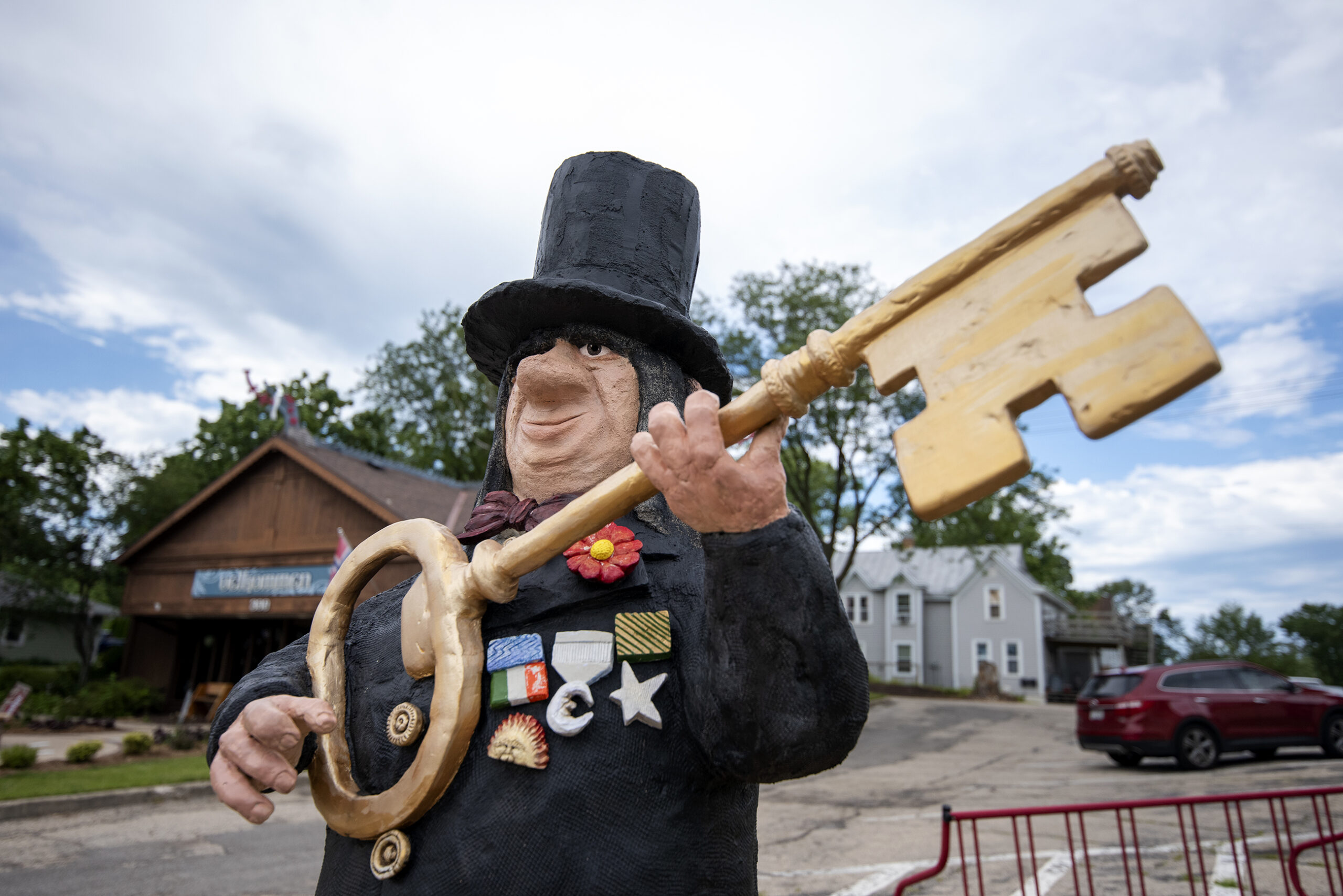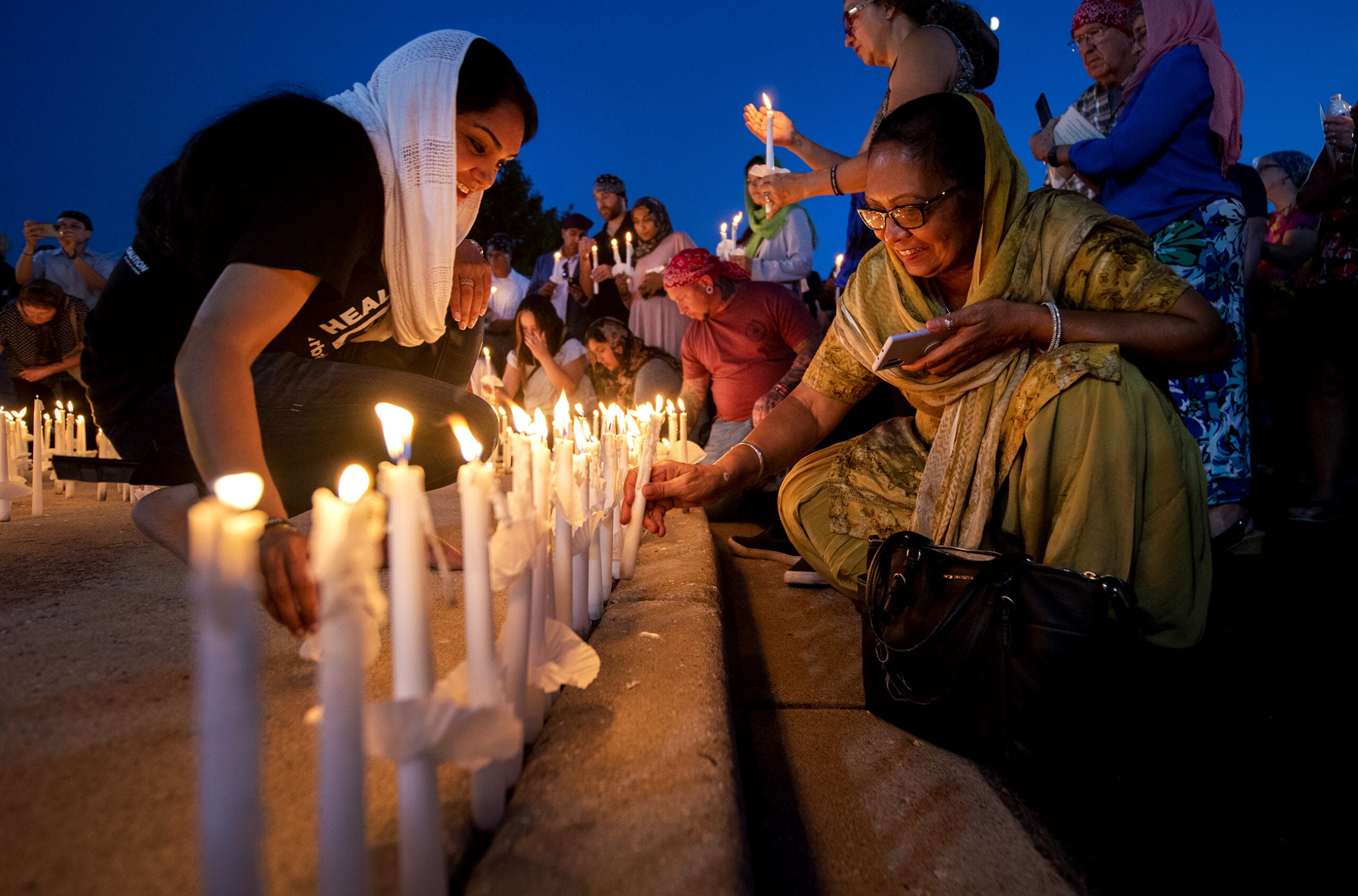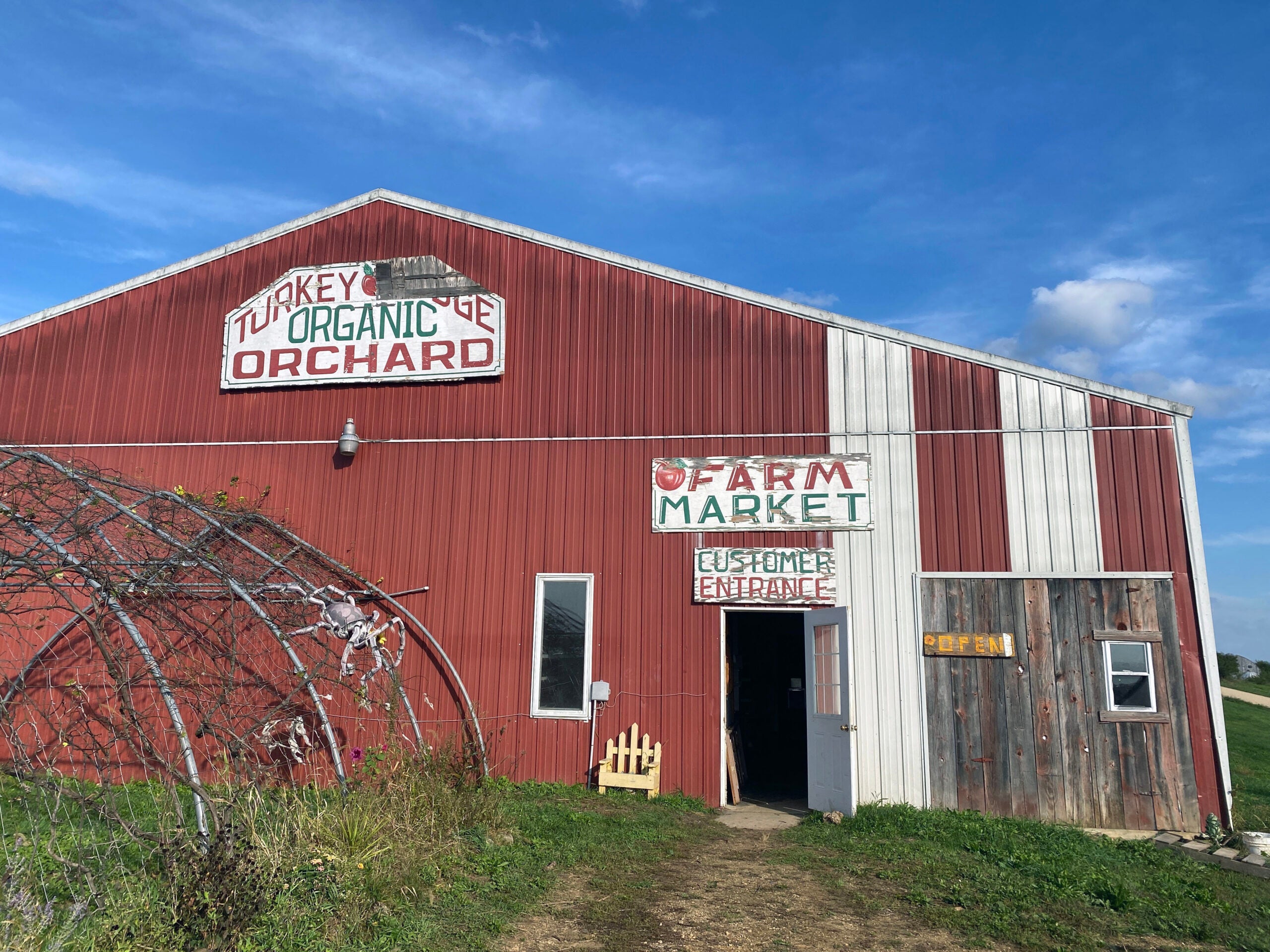“Central Time” on WPR takes a unique approach to covering Wisconsin’s news, cultural trends and ideas — both big and small. Members of the “Central Time” staff each picked their favorite programs of 2023.
Follow the links below to read more and listen to each show.
Think you know about ice?
Stay informed on the latest news
Sign up for WPR’s email newsletter.
Host: Rob Ferrett
Air date: July 11
Summary: A writer on history and the environment explains how ice transformed American culture.
Why I liked it: It was a fun talk about the history of an item we take for granted. Afterward, I found myself sharing stories from it — including the first failed effort to sell New England ice to Caribbean bars, a dirty war over the ice market in Milwaukee’s early beer days, and why there used to be a job category for sweeping off blocks of ice (hint: the ice blocks were towed behind horses).
Preserving Wisconsin’s history of apples
Executive Producer: Dean Knetter
Air date: Sept. 26
Summary: Wisconsin has a more in-depth history of native apples than many people realize. We talked to an apple historian about the hundreds of varieties in the state and his efforts to document and preserve them.
Why I liked it: I love hearing from people doing unique things around Wisconsin, and Dan Bussey might know more about apple varieties than anyone in the state. His passion for preserving apples was infectious, and we learned a lot about just how many types are out there. After hearing the conversation, I was inspired to try any type of apple I hadn’t heard of.
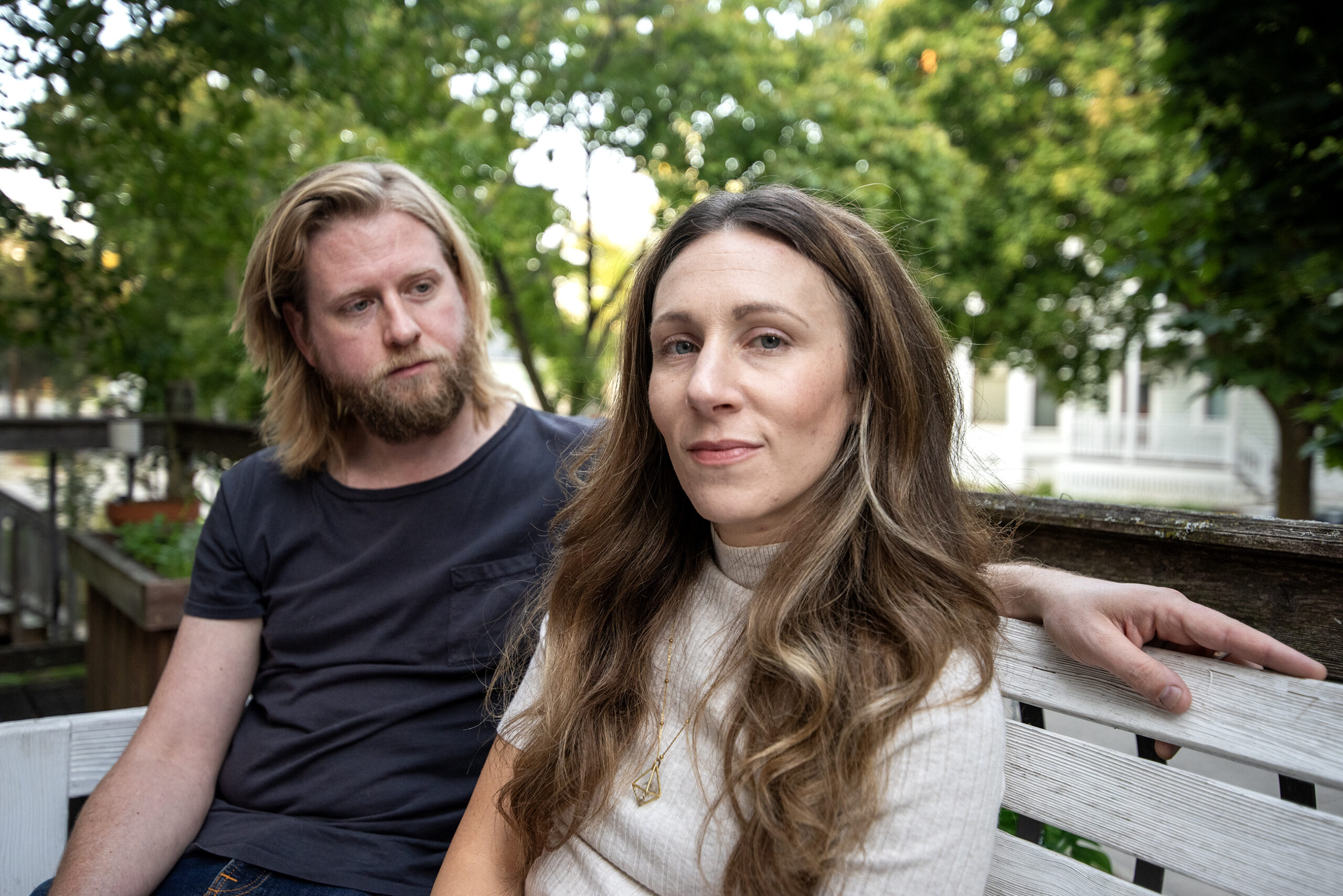
A new documentary sheds light on endometriosis
Producer: Richelle Wilson
Air date: Sept. 6
Summary: Endometriosis is an often-painful disease that affects an estimated 10 percent of women and girls of reproductive age globally. But despite being relatively common, it takes endometriosis patients an average of 10 years to get a diagnosis — and even longer to find treatment options that work.
Why I liked it: Treatment options for endometriosis are limited and expensive. This leaves a lot of women living with debilitating chronic pain and a lack of answers about what to do. I’m glad I could play any small part in moving forward the conversation about endometriosis and maybe helping someone out there to feel seen.
READ MORE: ‘I wasn’t crazy’: Wisconsin women hope painful disease gains more attention
Ketamine clinics have popped up across Wisconsin. Here’s why, and how they work
Producer: Lorin Cox
Air date: Aug. 21
Summary: Ketamine has emerged as a therapeutic option for treatment-resistant depression and other mental health conditions. A psychoactive pharmaceutical professor explained how it works and why ketamine clinics have popped up across Wisconsin.
Why I liked it: This was a topic that could apply to listeners all over the state, and we were able to provide clarity and high-quality information on a topic that can be confusing or stigmatized for some people. What put it over the top for me were the listeners who called in with their experiences and personal stories that made the segment feel like a valuable service to our audience.
Institutionalizing children with disabilities: a personal story and Wisconsin perspective
Producer: Tim Peterson
Air date: Aug. 24
Summary: A writer shares her story of learning about and meeting an aunt who had been institutionalized decades ago. An expert from Disability Rights Wisconsin also explained how the state followed a national trend of institutionalizing children with disabilities before moving to try to keep families together more.
Why I liked it: I wanted to highlight this conversation about the incredible, eye-opening and bittersweet personal story of writer Jennifer Senior from The Atlantic. Institutionalizing young people, including children, with disabilities had been happening around the country and in Wisconsin for decades due to a lot of social pressure. I felt really fortunate we were able to bring on Phyllis Greenberger from Disability Rights Wisconsin to discuss how the treatment of children with disabilities in Wisconsin has progressed.
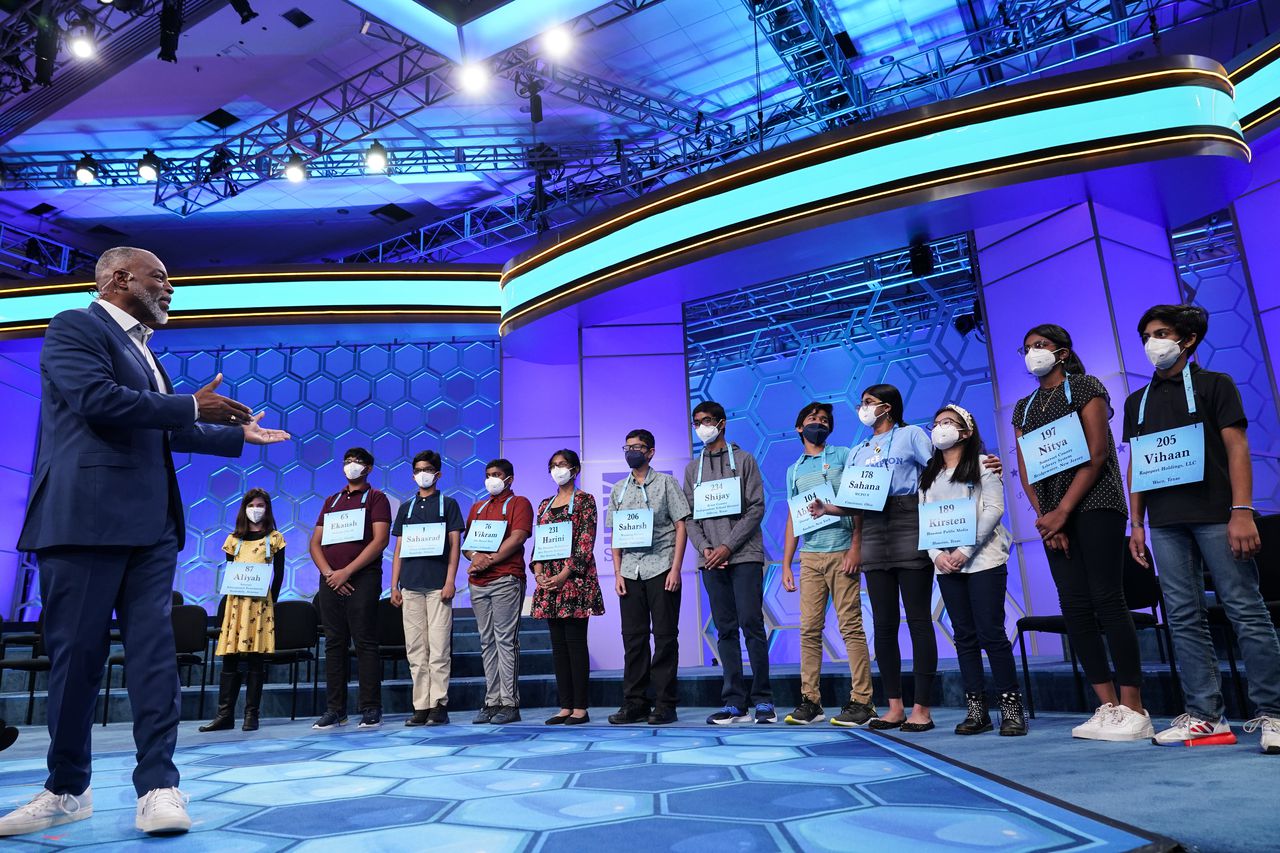
English spelling is weird. A national champ gives us tips on how to master it.
Producer: Colleen Leahy
Air date: Dec. 8
Summary: This year’s Scripps National Spelling Bee champion explained his approach to spelling. Then, a linguist explained why English is rife with weird spellings, like “through,” “dough,” and “tough.”
Why I liked it: It’s always exciting to have young people on the air, so it was really refreshing and charming to hear Dev Shah, who won the Scripps National Spelling Bee this year, talk about his approach to language and competitive spelling. I also love linguists’ ability to show us how something so familiar that it feels like a given — English — is the result of thousands of years of decisions, negotiations and interactions between different people and, of course, accidents.
Familects: Secret languages of intimacy and connection
Producer: Beatrice Lawrence
Air date: May 25
Summary: We talked to Martha Barnette, host of “A Way With Words,” about “familects” — the unique words and phrases we develop within our tight-knit social groups to establish and strengthen our connections to one another.
Why I liked it: As a newer producer at WPR, this was one of my first segments where I felt like our listeners really connected with the topic and the guest’s great energy. The callers really made it shine with their stories of family connection and silliness. It also inspired a few trips down memory lane with my own family and friends.
Email ideas@wpr.org to share program suggestions and feedback.
Wisconsin Public Radio, © Copyright 2025, Board of Regents of the University of Wisconsin System and Wisconsin Educational Communications Board.
